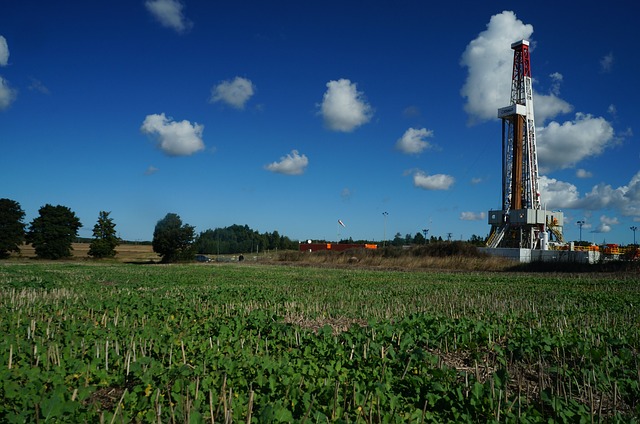Here’s a challenge for you. Look around the room you’re sitting in right now and count the number of items that you think are produced as a direct or indirect consequence of the oil industry versus the number that aren’t.
Glancing around for just a few seconds leads me to the conclusion that well over 90% would be a reasonably conservative estimate in any room in any house in any western country. That includes any plastics, man-made fibres, anything produced with the aid of a machine, and even all the paint on your lovely walls.
Therein lies the problem.
The UK’s addiction to oil isn’t simply played out when we get in our cars on a pleasant summer Sunday and head off to bother the countryside en-masse. No, the UK’s – the planet’s – addiction to oil is intricately woven through the very fabric of our society.
Without the inky black commodity as a lubricant we’d be forced to grow gigantic fields of rapeseed, olives, and anything else that produces some form of useable organic oil of use to industry; felling swathes of forest to make way. Without hydrocarbon extraction on the truly massive scale of today, lubricating industrial machinery would be the least of our problems. Indeed, just getting around would be the singular biggest problem and, whether you’re pro-oil or anti-oil, that’s a fact.
However, as a nation and as a planet, it’s clear that something has to be done before we drive ourselves to ruination.
Take fracking as an example. It’s argued that hydraulically fracturing the ground we walk on would be relatively risk free. That’s clearly not true. While our tight UK regulations and guidelines help prevent environmental catastrophes from occurring, if you poke your finger in a beehive often enough you’ll get stung.
The same goes for the nuclear option. I’m sure the residents of Japan, Fukushima in particular, never thought that they’d never see their homes again. Similar to the fracking example, if we build enough reactors and run them for long enough then eventually one will either fail, fall victim to geological whims, or be targeted by those with ill intent.
But what to do? Well… that’s the conundrum. In a world where one person’s loss is another person’s gain, the fracking industry will just go somewhere else with relatively less regulation and free rein to drill as often and as lax as local regulation allows.
The question must be posited… is that a better option?
Does jumping on the ‘not in my back yard’ bandwagon actually help the environment at all, or does it prolong its hindrance by driving it somewhere that you can’t see or regulate it?
In essence, the question of fracking this finely balanced planet’s crust should instead be a holistic set of interconnected ones: should we frack at all? How can it be stopped globally? Is that even possible in system entangled like last year’s fairy lights?
That’s up to you to decide, but the decision has to be taken with lifestyle in mind, with travel in mind, with heating your home in bitter cold snaps in mind, and with the general energy security of a nation in mind...
Adopting the mindset of a realist is difficult, and goes against our collective natural instinct to protect what is dear to us in the face of things we don’t want. It’s a vexing question, but one that a realist would ask…
Should fracking be allowed to prove it shouldn’t?
Like Offshore Insider on Facebook
Related stories:
UK “Fracking” to begin… on the fly.
Fracking in a post Brexit environment
Who says North Sea Oil is dead? Eight billion barrels in one field says it isn’t.


very true, but I refer you to an article in the Times on July 29th 2016 titled Superfuel from artificial leaves ‘is ready to replace oil’. – perhaps not immanent, but with proper funding certainly viable along with other technical innovations in the not too long term future. And besides, do we need to consume quite as much as we do, in terms of new fashions, new makeovers for our houses, having too much stuff and clutter, etc. Living more simply would give us more time in which to find creative solutions to our environmental problems.
Geraldine
LikeLike
I agree totally on the over-use of needless products. Gone are the days of thrift and make-do. Anaerobic reactors are an interesting reasonably new technology; extensively used in the whisky industry now to make power from grain.
LikeLike